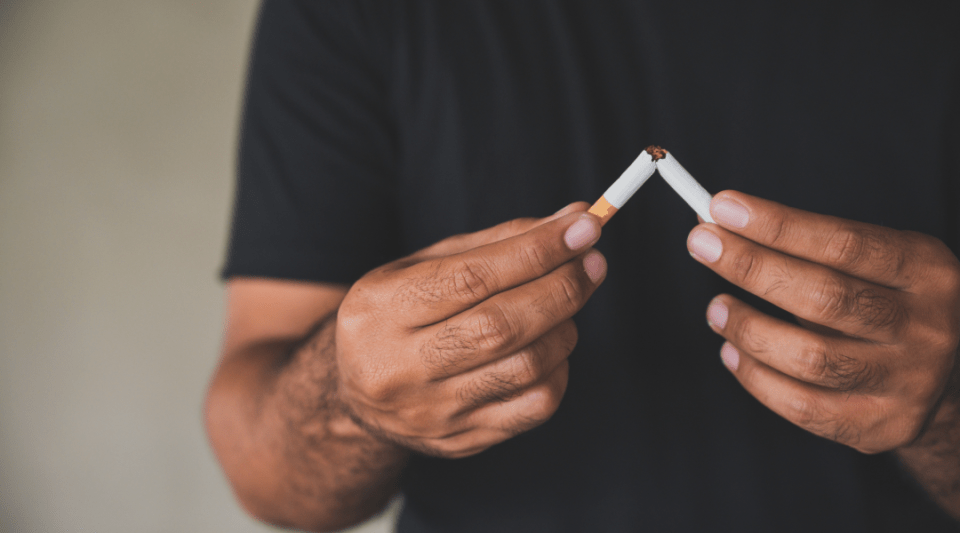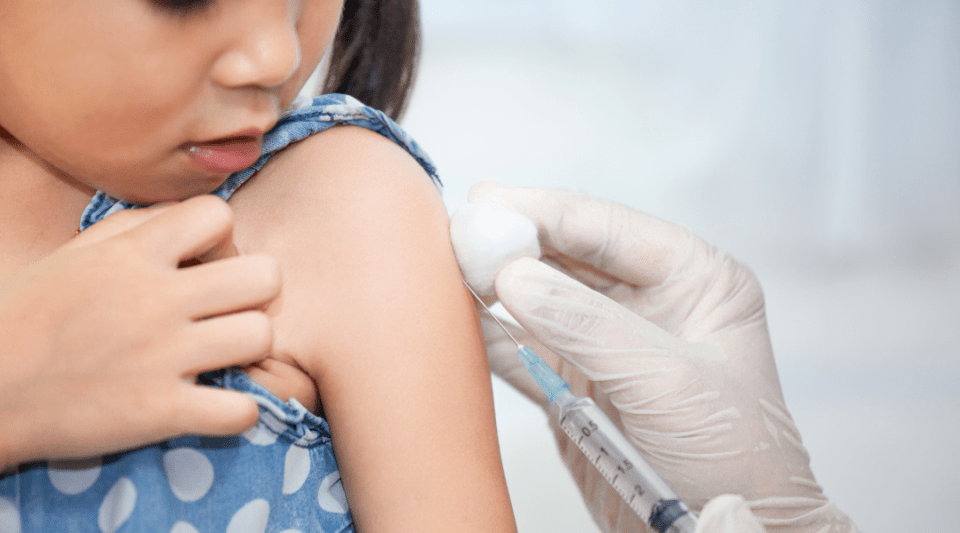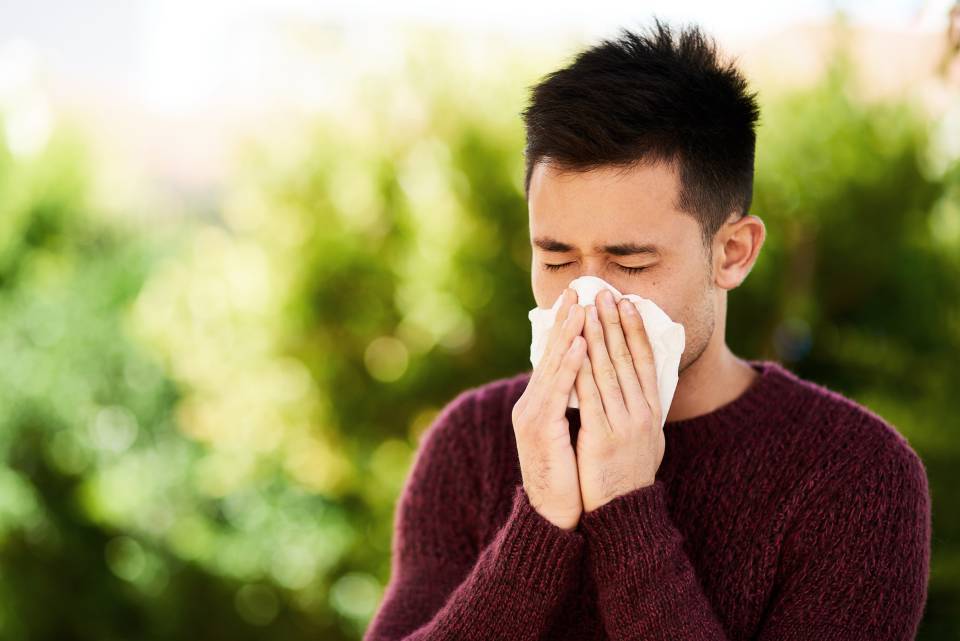Smoking-related respiratory infections caused around 600,000 deaths in 2017. This shows that tobacco smoke affects the respiratory system of smokers, both active and passive, and alters the structure and function of cells. These lead to different respiratory infections and diseases. Thus, it is essential to take into account the impact of smoking on respiratory health.
The respiratory system (and smoker) in danger
Smoking causes alterations in lung immunity and reduces the formation of antibodies, thus weakening the body’s natural defences. This leads to the development and increased severity of respiratory infections for both healthy people and patients with chronic obstructive pulmonary disease (COPD), a condition commonly associated with smoking. In addition, smokers have more frequent viral and bacterial infections, including pneumonia and tuberculosis. These infections also tend to be more serious in smokers.
Cigarettes, hookahs and vapes
The toxins present in smoke, vapes and heated tobacco products are released then inhaled and affect both the lungs and the surrounding environment. Thus, both conventional cigarettes and smoking devices, such as water pipes (hookahs), vapes (e-cigarettes) and the new heated tobacco products, can increase infections by many mechanisms. One of them is via the tiny particles of less than 2.5 microns, upon whose surfaces viruses can stick to, before floating in the air and finally entering the lungs.
How smoking affects respiratory infections
Knowing how smoking affects the respiratory system is essential to understanding why smoking aggravates infections. Below are some of the key points:
- Damage to the respiratory epithelium: Smoking damages the epithelium which acts as a protective barrier in the respiratory tract. This weakens the natural defences of the body.
- Compromised immunity: In addition to affecting the physical barrier, smoking also affects immunity. This makes the body more vulnerable to infections.
Lower response to vaccines
Another of the significant negative effects of smoking is the lower immune response smokers experience with vaccines. They produce fewer antibodies when compared to non-smokers. This phenomenon has been observed both in conventional tobacco smokers and in those using new heated tobacco products.
Recovery and good health
Once a person gives up smoking, the recovery process starts immediately and brings numerous health benefits. Smokers are told "they will never be the same as before" or that "decades are needed to improve", but the reality is that the benefits for all the organs and systems in the body, including immunity and mental health, appear quickly.
Smoking not only affects pulmonary health, but also increases the risk of infections and their severity. It is essential the public is informed about these risks so they can make conscious decisions to protect their respiratory health.
Stopping smoking not only benefits individual health, but also protects people around us, especially the young. Prevention and awareness are powerful tools to combat the risks associated with smoking.
Information documented by:
High Complexity Multidisciplinary Consultation Unit for Smoking at the Hospital Clínic, Barcelona.
- Dr. Alejandro Frino-García, Research Foundation, Hospital Clínic, Barcelona.
- Dr. Jacobo Sellarés, Pneumology and Respiratory Allergy Unit, Hospital Clinic, Barcelona.
- Dr. Silvia Mondon, Psychiatry and Psychology Unit, Hospital Clinic, Barcelona.






